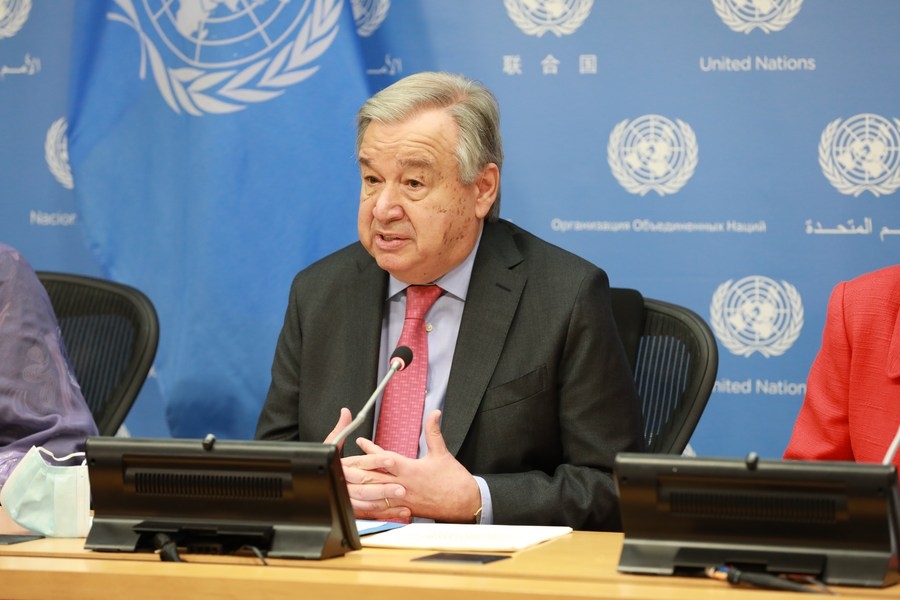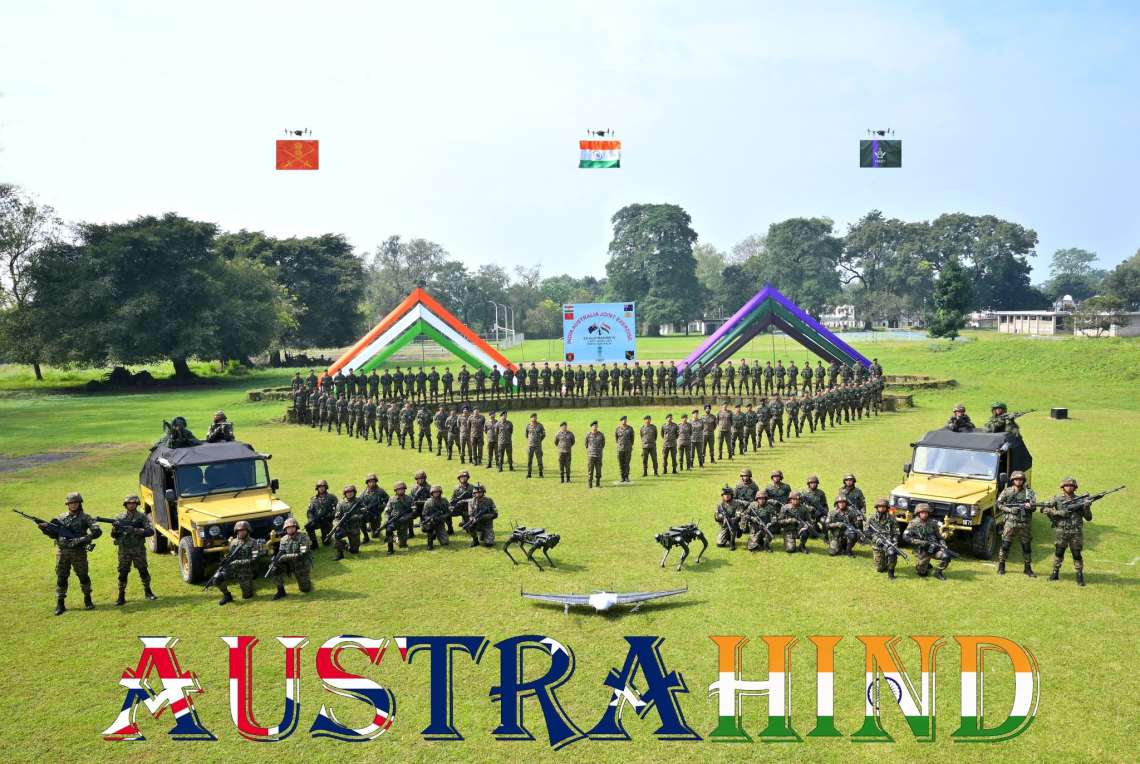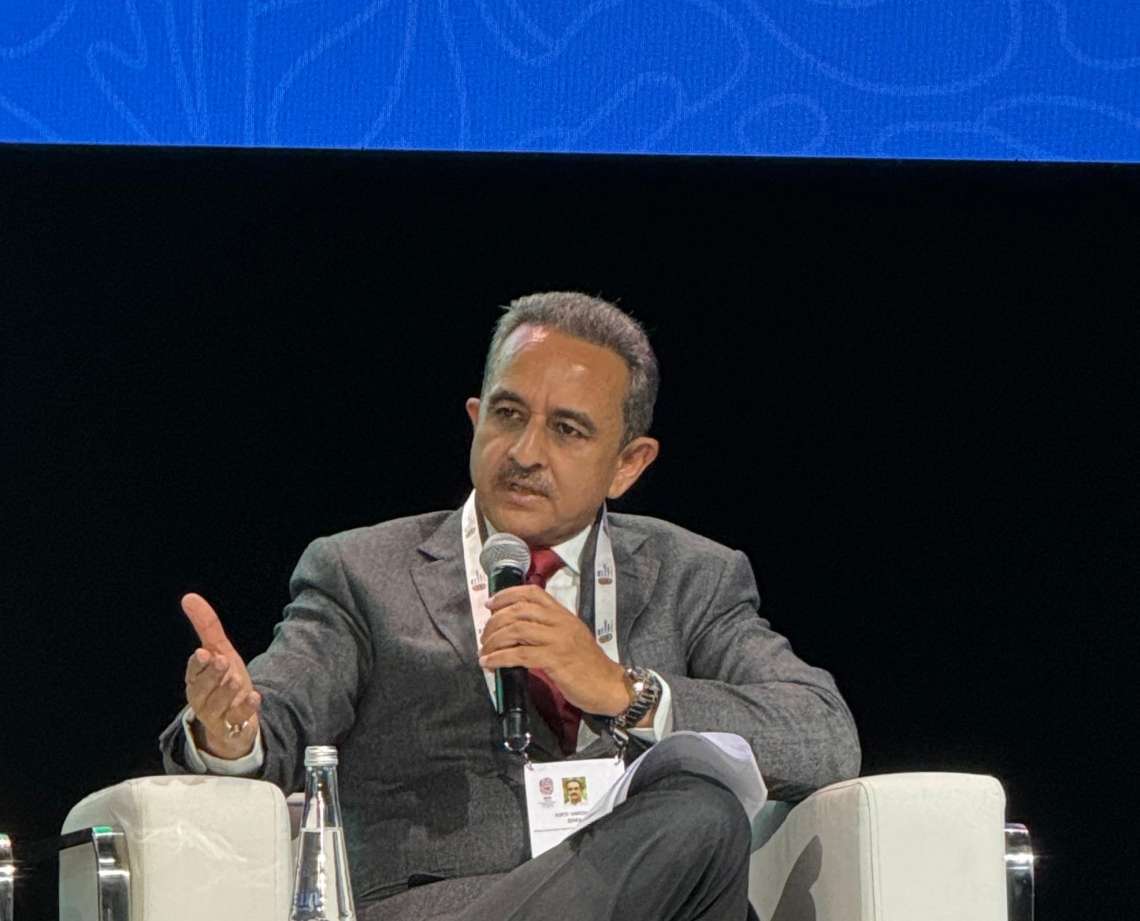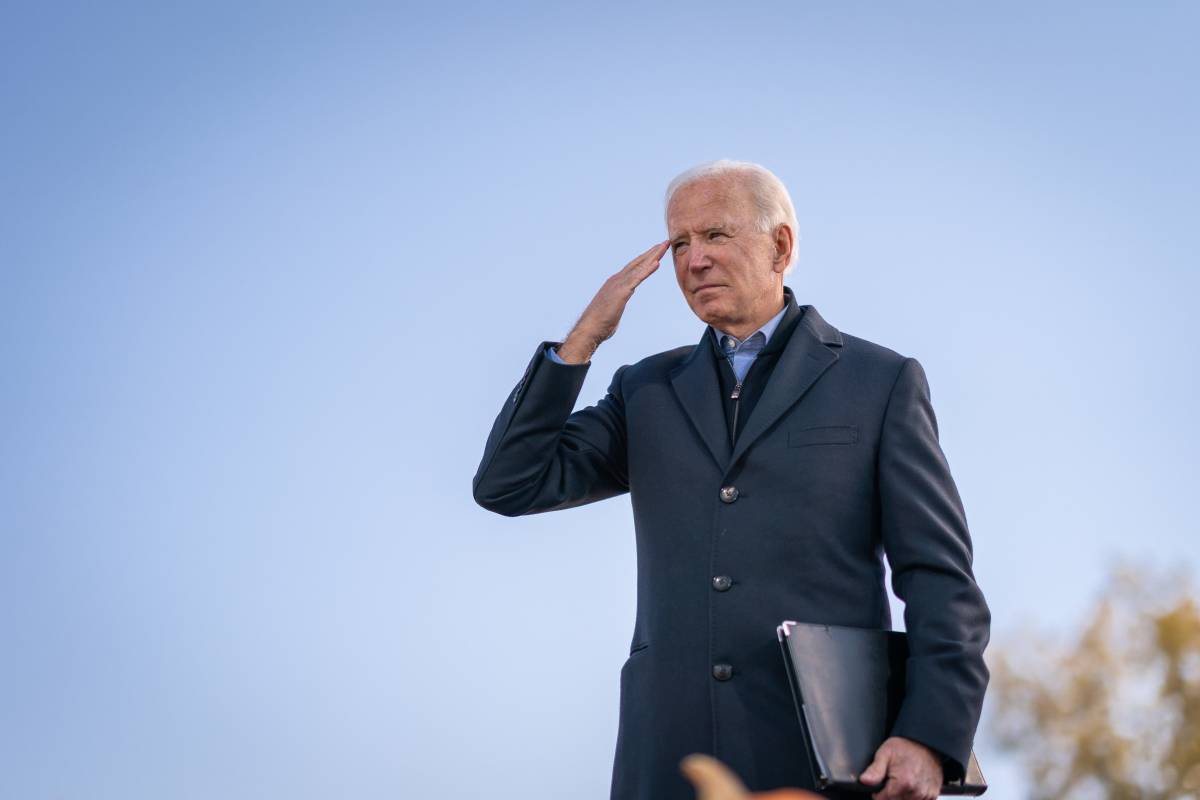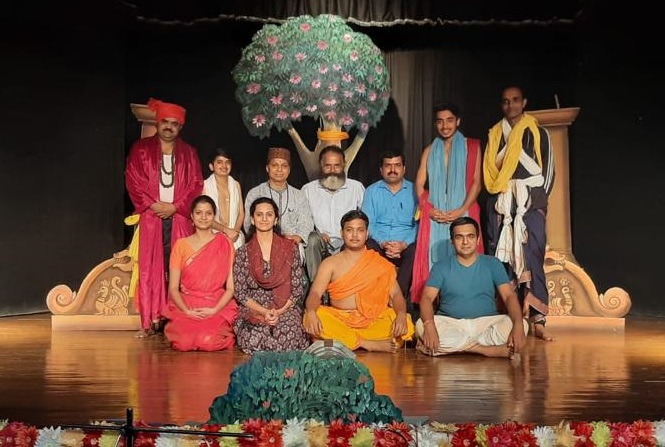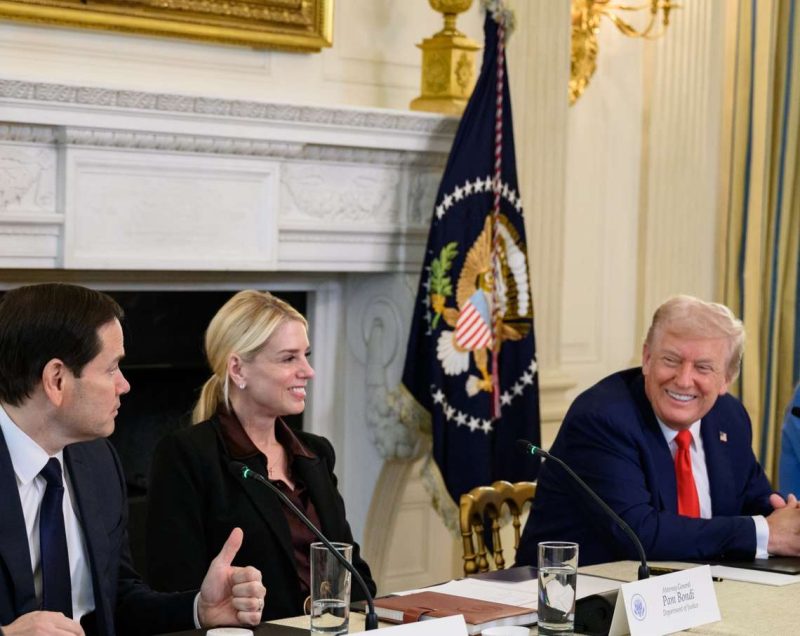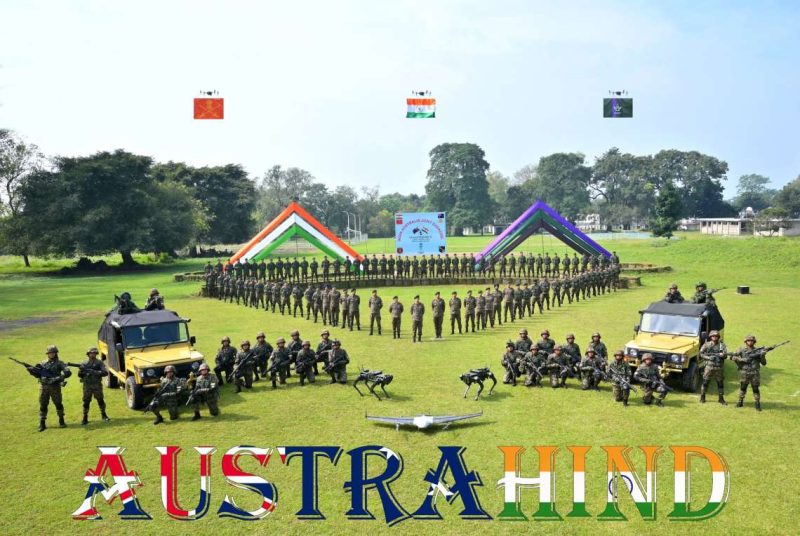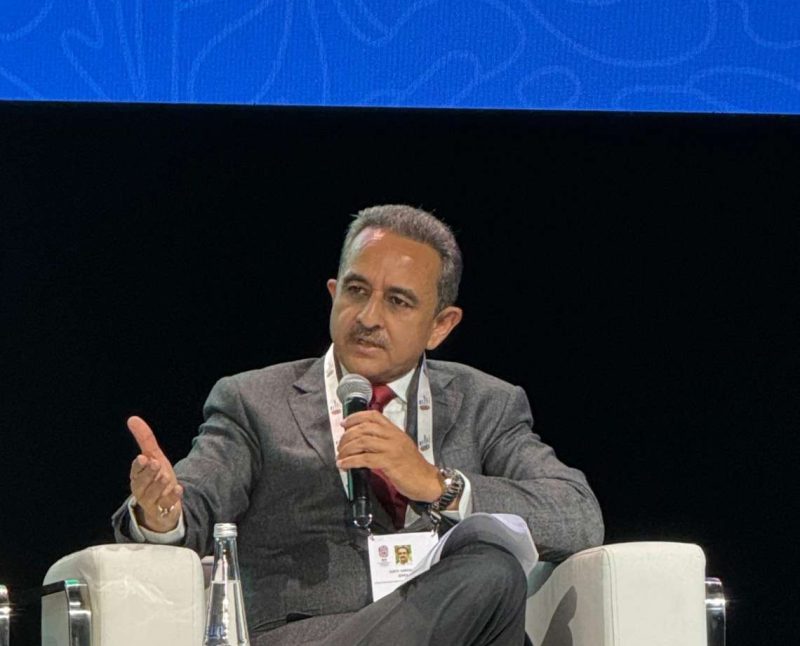India has declared that it will not use nuclear weapons first, as has China, but others with atomic weapons have not adopted the policy…reports Asian Lite News
Warning that poverty and hunger are rising around the world, UN Secretary-General Antonio Guterres has asked the G20 nations led by India to come up with a package offering investments and debt relief to nations of the Global South to help achieve the UN’s development goals.
Unveiling his proposal for a ‘New Agenda for Peace’ during a briefing on his priorities for this year, Guterres told the General Assembly on Monday that by the time of the summit on the UN’s Sustainable Development Goals (SDGs) in September, “I urge the G20 to agree on the global SDG Stimulus that I proposed at last November’s G20 Summit to support the countries of the Global South”.
His New Agenda proposals covered a gamut of issues that included preventing a nuclear holocaust, reforms of the economic infrastructure, new technologies, social media and bigotry.
Guterres projected a gloomy picture of the world “staring down the barrel of a confluence of challenges unlike any other in our lifetimes” with wars, economic inequalities, Aclimate change and “epic geopolitical divisions”.
His most serious warning was about the threat of a nuclear war, pointing out that the “Doomsday Clock” of the Bulletin of Atomic Scientists that purports to show the likelihood of a nuclear holocaust was at 90 seconds to midnight.
“We are at the highest risk in decades of a nuclear war that could start by accident or design” from “the 13,000 nuclear weapons held in arsenals around the world,” he said.
“Nuclear-armed countries must renounce the first use of these unconscionable weapons,” he said.
India has declared that it will not use nuclear weapons first, as has China, but others with atomic weapons have not adopted the policy.
Guterres also called attention to “the dangers posed by new technologies”.
He said that the New Agenda should include “international bans on cyberattacks on civilian infrastructure, and internationally agreed limits on lethal autonomous weapons systems”, a reference to robots and drones.
He suggested a new type of counterterrorist operations by regional force under Security Council mandates as he unveiled his proposal for a New Agenda for Peace with a warning that humanity is facing its “darkest hour”.
He said, “The New Agenda for Peace must recognize the need for a new generation of peace enforcement missions and counter-terrorist operations, led by regional forces, with a Security Council mandate under Chapter VII” of the UN Charter that provides for action on threats to peace.
The prospect for peace is diminishing in the Russian invasion of Ukraine while “the chances of further escalation and bloodshed keep growing”, he said
“I fear the world is not sleepwalking into a wider war. I fear it is doing so with its eyes wide open,” Guterres said.


